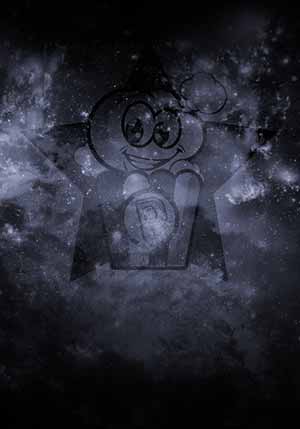Louis-Ferdinand Céline
¿Quién es Louis-Ferdinand Céline?
From 1937 Céline wrote a series of antisemitic polemical works in which he advocated a military alliance with Nazi Germany. He continued to publicly espouse antisemitic views during the German occupation of France, and after the Allied landing in Normandy in 1944 he fled to Germany and then Denmark where he lived in exile. He was convicted of collaboration by a French court in 1951, but was pardoned by a military tribunal soon after. He returned to France where he resumed his careers as a doctor and author. Céline is widely considered to be one of the greatest French novelists of the 20th century but remains a controversial figure in France due to his antisemitism and activities during the Second World War.
The only child of Fernand Destouches and Marguerite-Louise-Céline Guilloux, he was born Louis Ferdinand Auguste Destouches in 1894 at Courbevoie, just outside Paris in the Seine département (now Hauts-de-Seine). The family came originally from Normandy on his father's side and Brittany on his mother's side. His father was a middle manager in an insurance company and his mother owned a boutique where she sold antique lace. In 1905, he was awarded his Certificat d'études, after which he worked as an apprentice and messenger boy in various trades.
Between 1908 and 1910, his parents sent him to Germany and England for a year in each country in order to acquire foreign languages for future employment. From the time he left school until the age of eighteen Céline worked in various jobs, leaving or losing them after only short periods of time. He often found himself working for jewellers, first, at eleven, as an errand boy, and later as a salesperson for a local goldsmith. Although he was no longer being formally educated, he bought schoolbooks with the money he earned, and studied by himself. It was around this time that Céline started to want to become a doctor. ...
Source: Article "Louis-Ferdinand Céline" from Wikipedia in English, licensed under CC-BY-SA 3.0.
Trabajos destacados
Géneros más habituales en las películas de Louis-Ferdinand Céline
Géneros más habituales en las series de Louis-Ferdinand Céline
Compañeros de trabajo recientes de Louis-Ferdinand Céline
Las imágenes y retratos de actores o actrices mostrados en este sitio web son obtenidos de la base de datos de The Movie Database (TMDB). En el caso de que alguna imagen o fotografía sea incorrecta, ofensiva o infrinja derechos de imagen, puede ser editada o eliminada de TMDB, lo que resultará en su eliminación correspondiente en este sitio. En última instancia, los usuarios también pueden utilizar el formulario de contacto ubicado al pie de la página para solicitar la corrección o eliminación de cualquier contenido.
The images and portraits of actors or actresses displayed on this website are sourced from The Movie Database (TMDB). In the event that any image or photograph is incorrect, offensive, or violates image rights, it can be edited or removed from TMDB, subsequently ceasing its display on this site. As a final recourse, users may also utilize the contact form located at the bottom of the page to request the correction or removal of any content.

